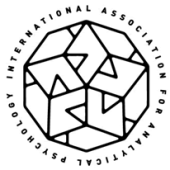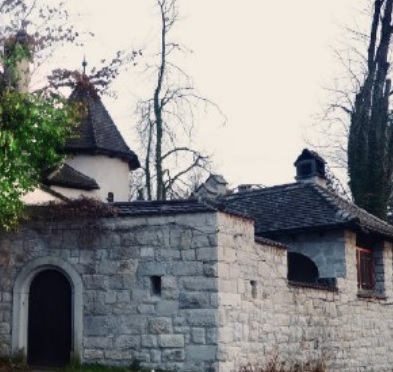Analytical or complex psychology, more than sixty years after the death of its founder Carl Gustav Jung, is enjoying growing interest from scholars and clinicians. Jung began his career as an academic psychiatrist and always maintained the mentality of the researcher, even pointing out large areas to be explored to his pupils. His suggestions were followed up very late: only in the last few decades have specific researches been carried out with quantitative and qualitative methods on some aspects of analytical psychology and – in German-speaking countries – Jungian psychotherapy and its effectiveness have been studied. However, the persistent reluctance to scientific methods comes from multiple causes, including the belonging of Jungian thought to a holistic tradition that does not reconcile with the reductionist approach that dominates the academic world and also clinical psychology. This tradition is mainly followed implicitly, without a precise reference to its origins. Hence the need to recover the genesis of Jungian psychology in the German Philosophy of Nature of the late nineteenth century, rather than considering it a heretical derivation of Freudian orthodoxy – as instead is still affirmed in what already in 1970 Henri Ellenberger defined as a legend. Jung himself attributed a fundamental value to nature throughout his life, so much so as to induce him to build the Bollingen Tower, which was chosen as the representative image of this conference. Analytical psychology therefore demonstrates a specific modernity in being ready to implement current ecological needs, which translate into the need of the contemporary human being to find an inner balance between technology and nature. In general, the new course of Jungian historiography – with scholars such as Thomas Arzt, Paul Bishop, Sonu Shamdasani and Eugene Taylor – has demonstrated the independence of Jung’s ideas since before he came into contact with psychoanalysis. This conference aims to address the issue of the specificity of analytical psychology with respect to other psychodynamic theories and different therapeutic orientations. It was divided into three sessions: the first will outline theoretical aspects; the second intends to highlight the characteristics of the therapeutic method that derives from Jungian thought; the third will discuss what are the training needs to prepare future analysts for the aforementioned method of psychotherapy.
SPEAKERS Marco Balenci: Analytical Psychologist AIPA-IAAP, Coordinator of the AIPA Tuscany Section Riccardo Bernardini: Scientific Secretary of the Eranos Foundation, Ascona; Director of the Institute of Analytical Psychology and Psychotherapy (IPAP), Postgraduate School of Psychotherapy, Ivrea; Professor of Psychology of Evil and Radicalization Processes, Turin University; Analytical psychologist ARPA-IAAP Elena Caramazza: Training Analytical Psychologist AIPA-IAAP Stefano Carrara: Psychiatrist, Former Professor of Dynamic Psychology, Pisa University; Analytical Psychologist AIPA-IAAP Renate Daniel: Psychiatrist, Director of Programs at the C. G. Jung Institute, Zurich; Training Analytical Psychologist CGJIZ-IAAP Francesco De Bei: Professor of Developmental Psychopathology, Pontifical Salesian University, Rome; Teacher at the S.S.P.P., Postgraduate School of Psychotherapy, Latina Antonio de Rienzo: Specialist in Health Psychology, Analytical Psychologist AIPA-IAAP Gianluigi Di Cesare: Psychiatrist, Teacher at Postgraduate Schools of Psychotherapy, Rome and Florence; Analytical Psychologist AIPA-IAAP Concetto Gullotta: Psychiatrist, Training Analytical Psychologist AIPA-IAAP, AIPA Past President Paolo Francesco Pieri: Former Professor of Dynamic Psychology, Florence University; Training Analytical Psychologist CIPA-IAAP, Editor of the Journal «Atque: Materiali tra f ilosofia e psicoterapia» Christian Roesler: Professor of Clinical Psychology, Catholic University of Applied Sciences, Freiburg; Teacher at the C. G. Jung Institutes in Stuttgart and Zurich; Analytical Psychologist DGAP-IAAP Anna Maria Sassone: Training Analytical Psychologist AIPA-IAAP, Past AIPA President Filippo Strumia: Psychiatrist, Training Analytical Psychologist AIPA-IAAP, AIPA President Luisa Zoppi: Training Analytical Psychologist AIPA-IAAP, Member of the Executive Committee IAAP


